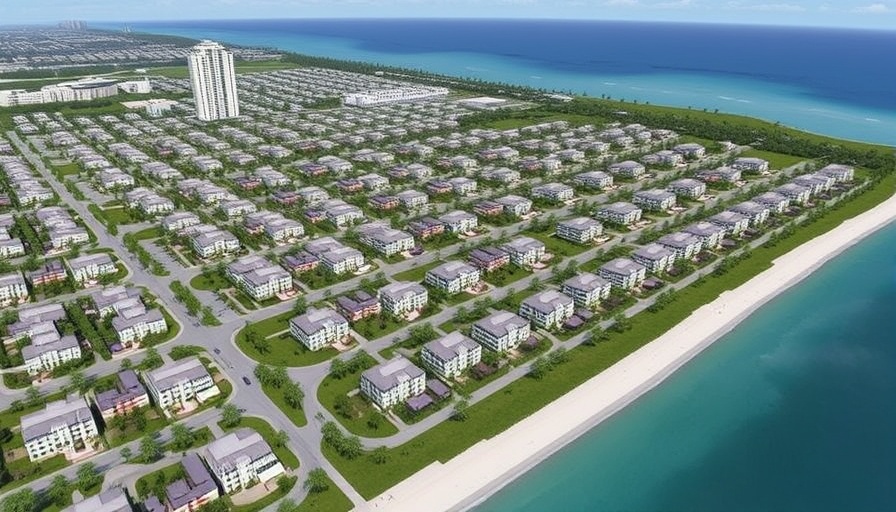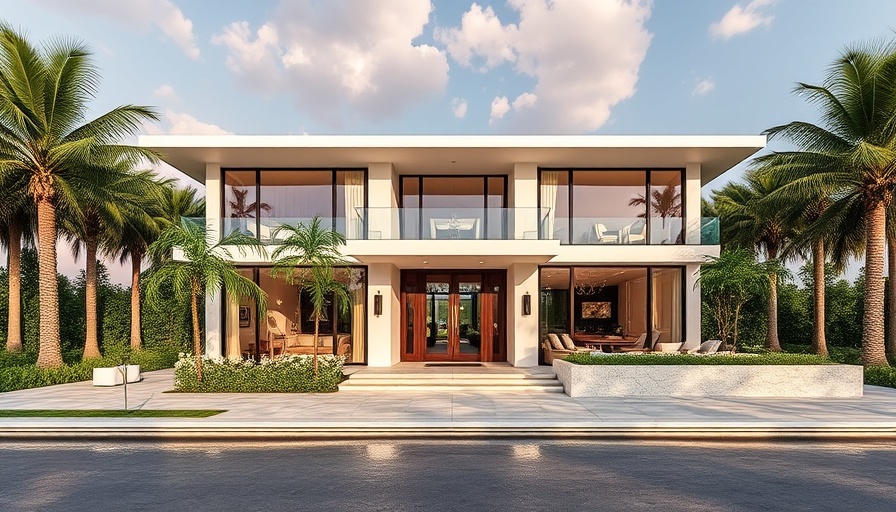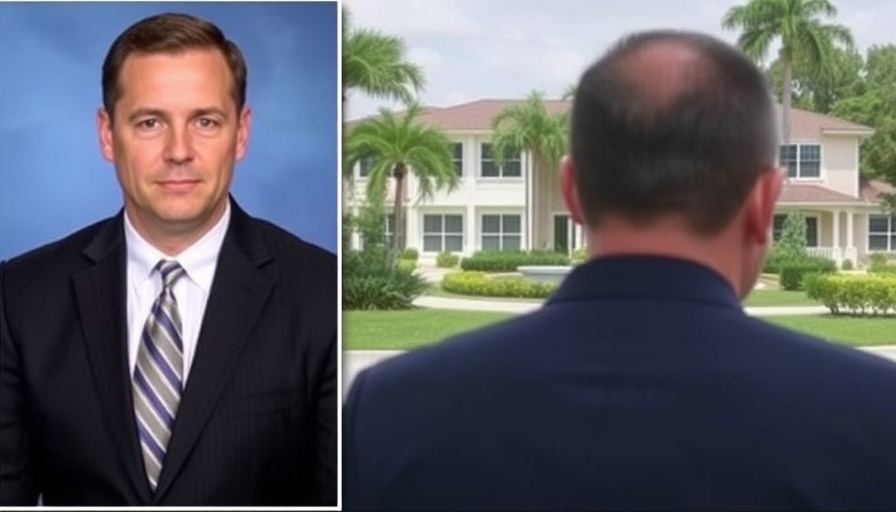
Expanding Horizons: The Proposed UDB Changes
In a bold move reflecting Miami-Dade's pressing housing situation, a group of landowners has put forth a proposal to slightly expand the Urban Development Boundary (UDB) by 65 acres. This initiative aims to facilitate the construction of a significant residential and retail project comprising approximately 1,200 units of housing and 90,000 square feet of retail space. The UDB plays a crucial role in managing suburban growth, effectively acting as a barrier to prevent sprawl into vital natural areas such as Biscayne National Park and the Everglades.
Background of the Urban Development Boundary
The UDB has long been a focal point of debate among developers, environmentalists, and residents alike. Designed to protect Miami-Dade’s rich natural landscapes from unchecked development, any attempts to modify the UDB are often met with substantial resistance from advocacy groups focused on environmental preservation. The proposal submitted by Herkoz and Alflo Sunset, the entities behind the project, underscores an urgent need for residential space amid a backdrop of dwindling available land.
Urgent Housing Needs in Miami-Dade
Herkoz and its partners argue that the region is facing a housing crisis. Their application indicates that Miami-Dade requires approximately 5,600 new single-family homes annually until 2030. The influx of new residents, particularly from the Northeast and West Coast, alongside limited developable land, has intensified the demand for housing. They emphasize that the existing inventory cannot keep pace with population growth, which in itself raises crucial questions about urban planning and sustainability.
Implications of the Proposal
The proposal includes provisions for affordability, with 20% of the residential units earmarked for households earning up to 140% of the area median income. If approved, this project could provide much-needed relief in the housing market, although it may also reignite concerns regarding the preservation of Miami's unique ecosystems. Commissioners will need to deliberate carefully, balancing the immediate housing needs against the long-term environmental implications.
Your Voice Matters
As the housing landscape continues to shift in South Florida, public input will remain vital. Residents and stakeholders will have the opportunity to voice their concerns and opinions as this proposal goes through the necessary channels. Engaging with local governance on this issue can help shape the development practices that define Miami-Dade's future.
 Add Row
Add Row  Add
Add 





Write A Comment